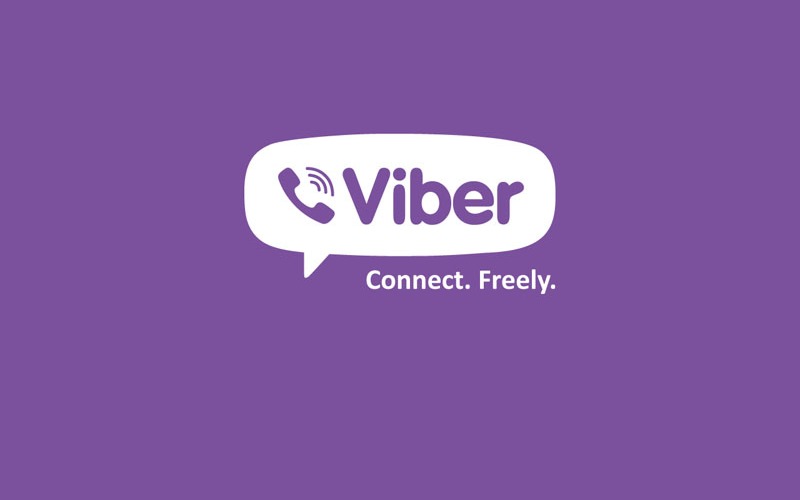Viber reached 200 million users last month with over 500,000 average new registered users everyday. Impressive, especially considering the company has this amount of growth without advertising. It wasn’t entirely clear how the service would be monetized though.
We recently interviewed Viber CEO Talmon Marco to ask this very question:
There have been hearing rumors that Viber will be looking to monetize its service in the future, whether it’s through advertising or in-app purchases. Is that possibly something you’re looking into?
Viber will not be displaying banner ads. We think it’s intrusive and made a promise not to do it.
We did say we will monetize this year and we stand by it. Viber will monetize in many ways. The first method we announced will be a sticker store. Users will be able to buy Stickers (or sticker packs). This will be via in-app purchase. There will be more monetization methods.
“More monetization methods” could be coming sooner than expected, if new information from Geektime is any indication. Apparently Viber has created a “formula to monetize their massive user base by taking control of some of the lines through which Viber users calls’ pass through.” In a nutshell, this means that if you have Viber installed on your device, you’ll be able to receive regular calls as well as Viber calls directly through the application, “if the caller is using a carrier for which Viber has taken over Call Termination activities” according to the information.
To explain the way in which the new model of Viber works, you first need a little background into the workings of the international phone ecosystem in general. Every call that you make is filtered first and foremost through a wireless carrier who transfers the call to a PBX central redirector. The PBX in turn, decides which ‘terminator’ to send the call through based on inter corporate contracts. The terminator that receives the call from the PBX, then routes the call to the receiving wireless carrier who transfers it to the receiving phone.
The entity to which the PBX server forwards a call is called a terminator, and the process is called Call Termination. Companies looking to be terminators must work out deals with local carriers for the right to be the ones transferring outgoing calls from one specific country to another for that carrier. Terminator airtime revenue varies from country to country; for example, in the UK terminators receive a max of 0.67 pence per minute and in Italy the price is 1.5 cents (of a Euro) per minute.
This call termination is where Viber comes in. The company has apparently started a pilot program with an unspecified Dutch mobile carrier to conduct Call Termination processes:
An outgoing call via the Dutch cellular operator passes through the Viber terminator. If the target party is a Viber user, the call will be accepted by the Viber app. If not, the Viber terminator will have to find an alternate route to transfer the call. Why become a terminator? Because as a terminator, Viber gets paid for every call that comes their way and is subsequently routed to a Viber end user.
Essentially this process gives Viber an ability to monetize all 200 million of its users indirectly, and if Viber charges less than other terminator services, carriers would undoubtedly be more than happy to switch. This could inevitably lead to increased competition and lower pricing for consumers when it comes to international calls.
“Viber is running multiple tests at any given point in time aimed at exploring innovative ways to integrate with the standard telephony system and offer new and exciting service, the company told Geektime. “The service mentioned in the article is one such test that was run with an extremely small number of users, reflecting less than 0.0002% of call volume on the Viber system. If we ever made this service commercially available it will be on an optional basis.”
This move has the potential to not only benefit Viber, but also benefit customers with lower rates. On top of that, the paid stickers being offered through the application will essentially be icing on the cake for the popular VoIP and messaging provider.

